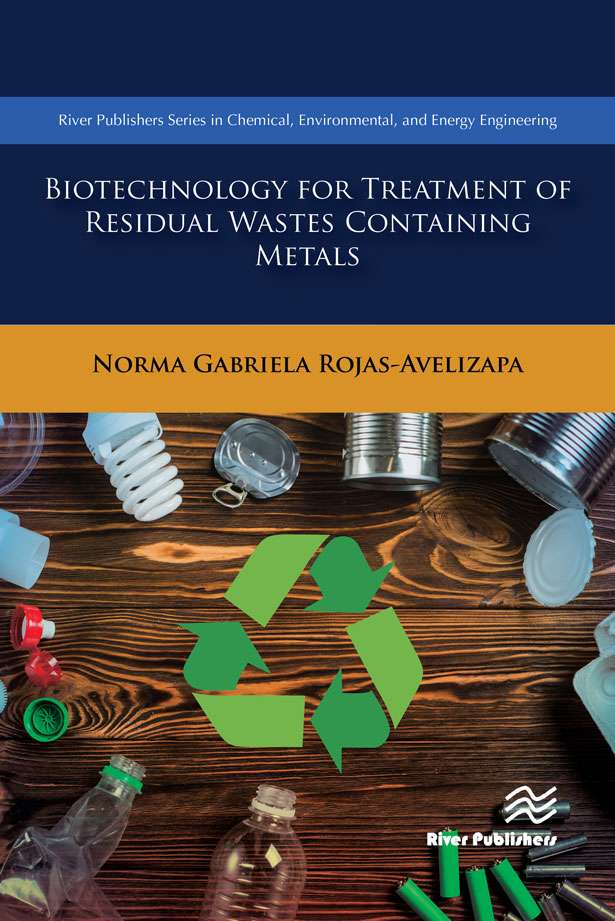Chemical and Environmental Engineering
Biotechnology for Treatment of Wastes Containing Metals
Editor: Norma G. Rojas Avelizapa, Instituto Politecnico Nacional, Mexico
ISBN: 9788770221146 e-ISBN: 9788770221139
Available: September 2019
Biotechnology for Treatment of Wastes Containing Metals addresses various aspects related to different wastes that have a metallic content and represent a serious risk for the environment and human health. These wastes, due to their physical and chemical characteristics, have been the object of studies which have led to the development of different technologies in recycling, reuse or adequate disposal, biotechnology being one of these alternatives. Biotechnology offers a range of options for the treatment of types of waste using microorganisms, biomass and their by-products. The mechanisms involved in these waste treatment processes are diverse and complex, and its optimization and efficiency is multifactorial.
This text contains nine chapters related to the problem of the metal contamination in the environment as well as some of the different biotechnological alternatives that have been applied for the reduction and/or recovery of metal contamination.
This text contains nine chapters related to the problem of the metal contamination in the environment as well as some of the different biotechnological alternatives that have been applied for the reduction and/or recovery of metal contamination.
Metals, Environmental impacts, Solid wastes, Biotreatment, Industrial biotechnology, Mining industry, Mechanic industrial wastes, Metal resistance genes, Bioweathering, Basidiomycetes, Recovery of metals, Environmental pollution, Bioremediation strategies, Cadmium residues
